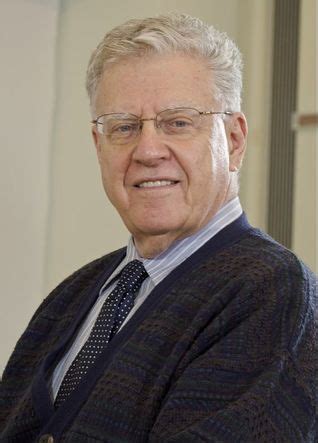A Quote by Lars Peter Hansen
I work on the boundary between economics and statistics in this field called econometrics. Part of my interest is understanding how you use statistics in productive ways to analyze dynamic economic models.
Related Quotes
Today's national income statistics make it appear that Goldman Sachs is productive. As if Donald Trump plays a productive role. The aim is to make it appear that people who take money from the rest of the economy without working are productive, despite not really providing any service that actually contributes to GDP and economic growth.
I do not ... reject the use of statistics in medicine, but I condemn not trying to get beyond them and believing in statistics as the foundation of medical science. ... Statistics ... apply only to cases in which the cause of the facts observed is still [uncertain or] indeterminate. ... There will always be some indeterminism ... in all the sciences, and more in medicine than in any other. But man's intellectual conquest consists in lessening and driving back indeterminism in proportion as he gains ground for determinism by the help of the experimental method.
As soon as the circumstances of an experiment are well known, we stop gathering statistics. ... The effect will occur always without exception, because the cause of the phenomena is accurately defined. Only when a phenomenon includes conditions as yet undefined,Only when a phenomenon includes conditions as yet undefined, can we compile statistics. ... we must learn therefore that we compile statistics only when we cannot possibly help it; for in my opinion, statistics can never yield scientific truth.



































